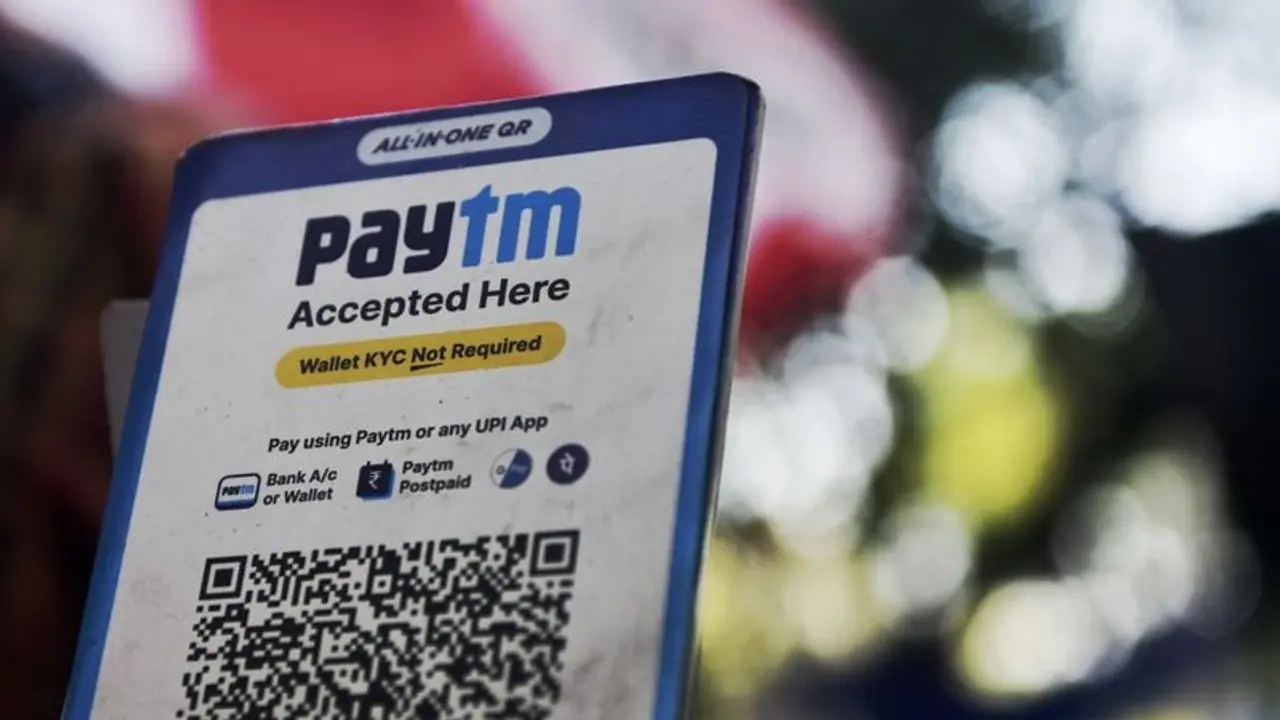The FIU has submitted a detailed report to the RBI, highlighting concerns of potential money laundering and seeking additional information to enhance the understanding of the situation.
Amid regulatory concerns, the Reserve Bank of India (RBI) has granted a 15-day reprieve to Paytm Payments Bank, extending the deadline for ceasing deposits, credit transactions, and top-ups in customer accounts to March 15 from the earlier date of February 29, 2024. The RBI's decision is accompanied by the issuance of a comprehensive FAQ document addressing key aspects of the Paytm case.

The central bank has directed Paytm Payments Bank to ensure the seamless withdrawal of customer deposits currently held with partner banks, emphasizing a commitment to safeguarding customer interests during this transitional period.
Delhi CM Arvind Kejriwal to move confidence motion today despite majority; Here's why
Earlier, the RBI had imposed restrictions on Paytm Payments Bank, prohibiting the acceptance of deposits, credits, and processing top-up transactions in customer accounts due to persistent non-compliance issues. The bank had also been restricted from offering other banking services, including UPI facilities and fund transfers, effective February 29.
A significant development contributing to these regulatory measures is the detection by the Financial Intelligence Unit (FIU) of approximately 50,000 bank accounts lacking proper know-your-customer (KYC) documentation. Of these, 30,000 were associated with Paytm Payments Bank, prompting further investigation into the remaining accounts.
The FIU has submitted a detailed report to the RBI, highlighting concerns of potential money laundering and seeking additional information to enhance the understanding of the situation.
Key lapses identified by the payment bank include oversight of suspicious transactions, discrepancies in KYC documents, and the registration of multiple accounts using a single PAN number, prompting regulatory scrutiny into the bank's compliance and risk management practices.
